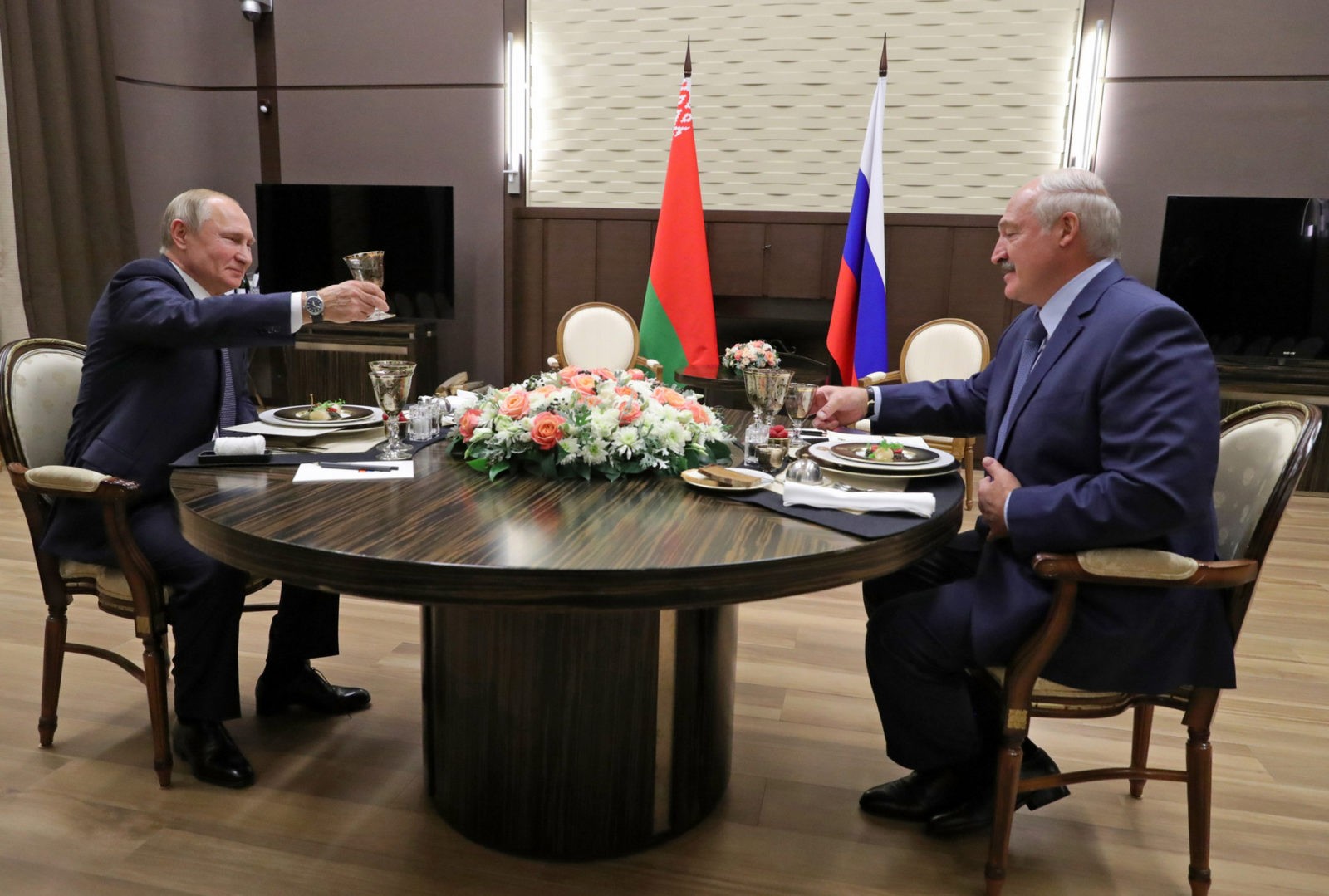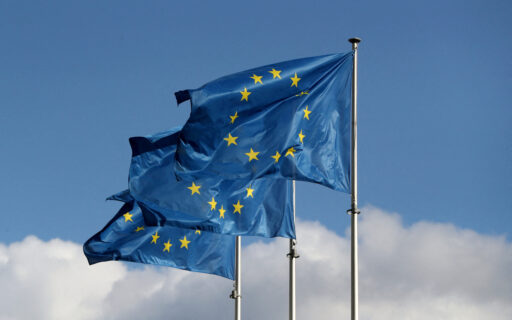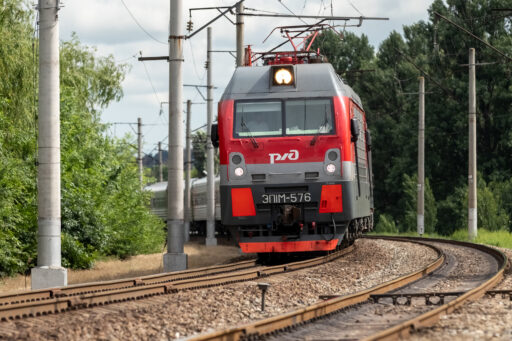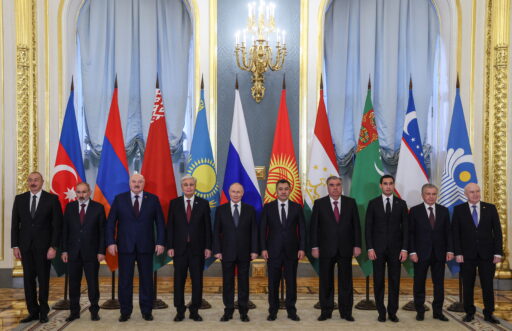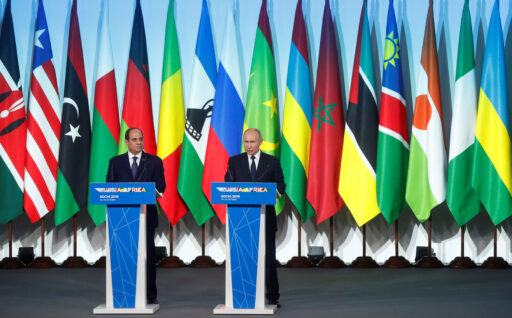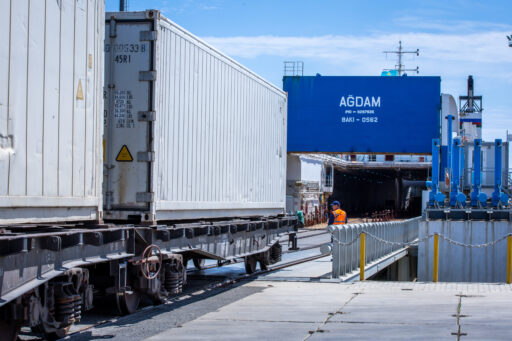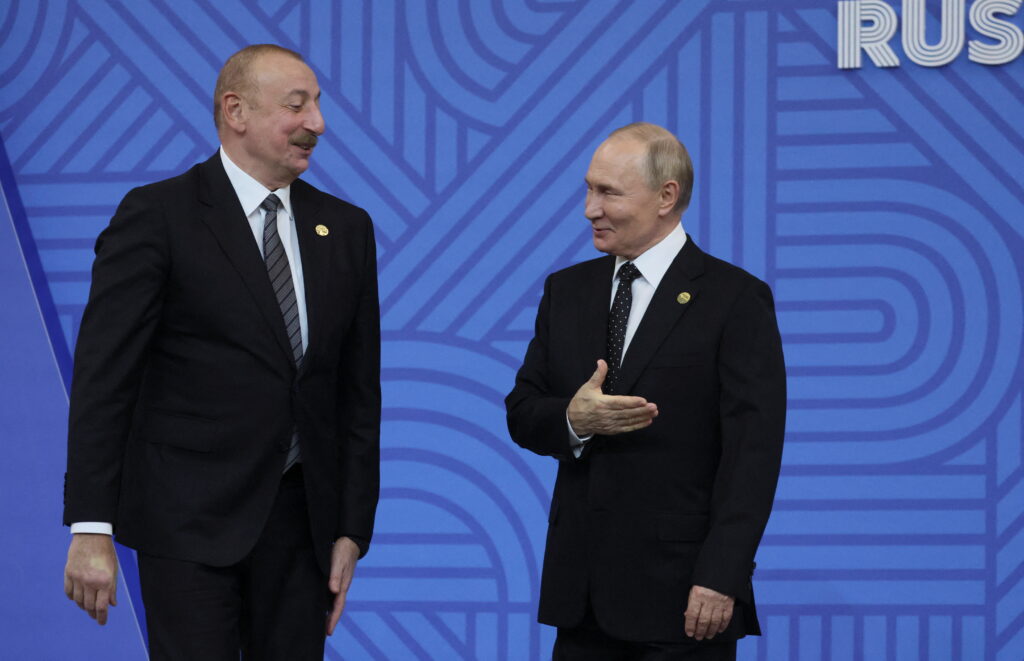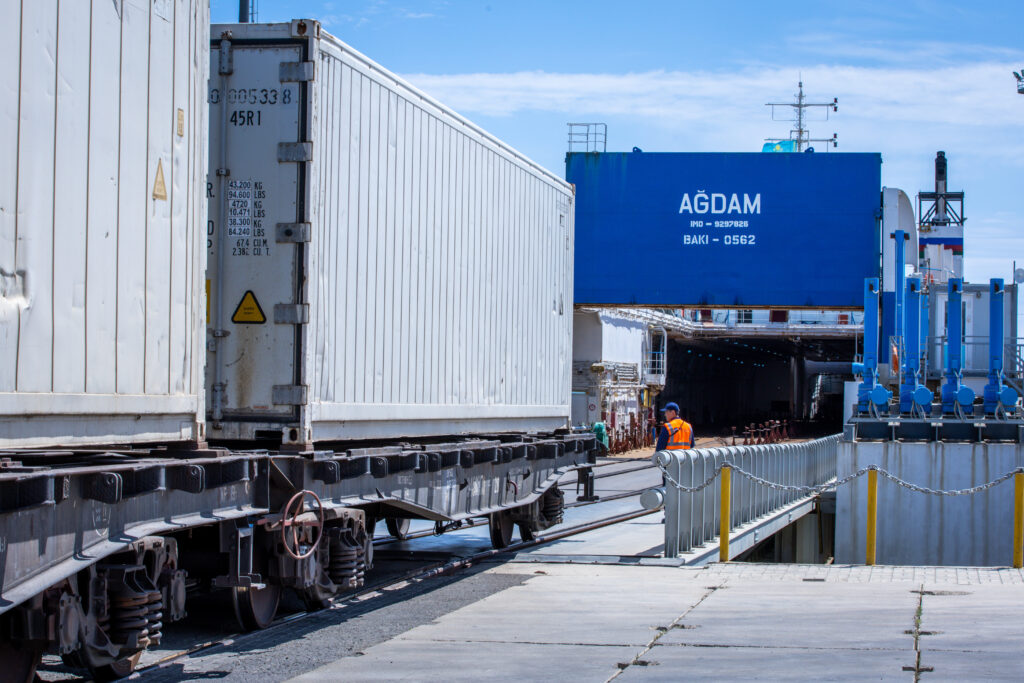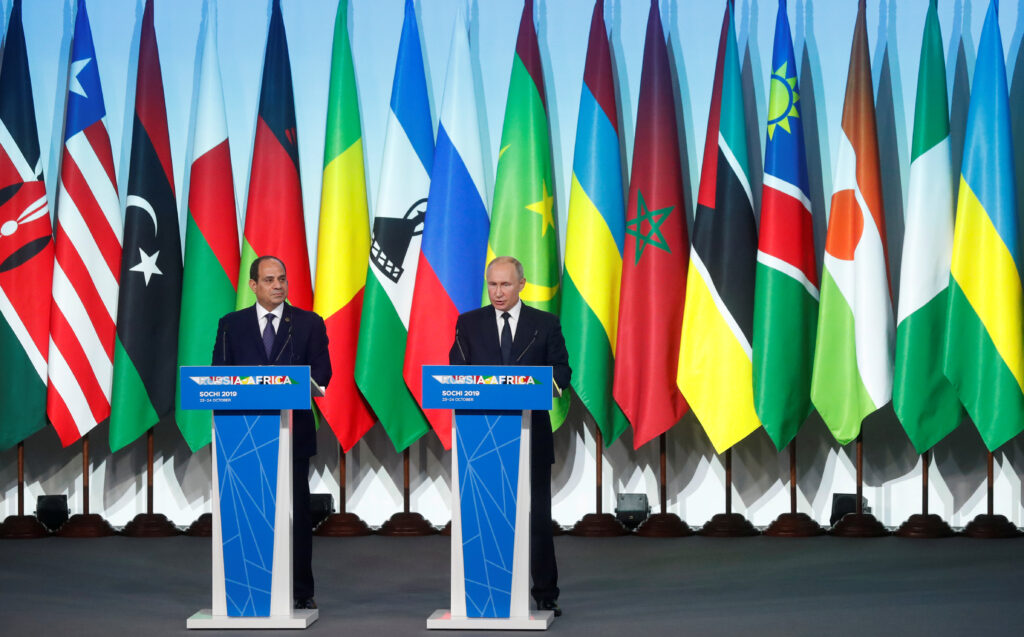Talks between the prime ministers and the presidents of Belarus and Russia have been held on December 6-7 at the Bocharov Ruchey residence in Sochi. They were timed to coincide with the 20th anniversary of the signing of the Treaty establishing the Union State (December 8, 1999). But they also mark a more recent anniversary. It is one year since the announcement of a so-called “integration ultimatum ” by Moscow. On December 13, 2018, the head of the Russian government Dmitry Medvedev for the first time announced the existence of two scenarios for integration. The inertia scenario involved maintaining the status quo. This included the growing financial loss of Belarus from the tax maneuver in Russia. The alternative, according to Medvedev, was the “advanced” integration scenario. This one involved provisions of the Treaty on Unified Supranational Governing Bodies, which would pave the way for supporting the Belarusian economy as part of closer integration. In other words, to maintain access to “integration rent,” the Belarusian side had to sacrifice part of its sovereignty. And if you believe the Belarusian Foreign Minister Vladimir Makei, who said that during the negotiations on “deepening integration” Russia started with proposals “unacceptable” for Belarus, then it means Moscow did, in fact, demand significant sovereignty concessions from Belarus.
For Moscow, the “integration ultimatum” is just another stage in the long process of building up pressure on Belarus to limit its strategic autonomy. This policy has been pursued since the end of 2015. The Kremlin has already managed to reduce the amount of integration rent received by Minsk; it has “put things in order” in oil products trade; and it has made serious progress in blocking Russian counter-sanctions circumvention schemes, as well as creating uncertainty about the prospects for Belarus’s transit potential. It was the rapid reduction in the resource base of the political regime (and at the same time – Belarusian independent statehood), which had become rampant, as well as the prospect of loss of access for Belarusian producers to the Russian market, which made Minsk engage in negotiations on “deepening integration”.
A lot was agreed. Maybe…
Hours of negotiations in Sochi ended without public statements by their participants. Right after the presidential meeting, a razor-thin statement was made by the head of the Ministry of Economic Development of Russia Maxim Oreshkin. He announced the progress achieved in the negotiations, including on the most controversial issues, and announced the next meeting of the two heads of state on December 20, 2019.
The ambassador of Belarus to Russia and at the same time vice-premier of the Belarusian government Vladimir Semashko spoke in more detail about the outcome of the negotiations. From his words we can draw the following conclusions:
1. The parties were able to agree on 23 of the 31 roadmaps. That is, two more were added to the 21 agreed on November 20. 8 remain unаfinalized;
2. However, details of what “interchanges” the parties found on the agreed road maps are of interest. Thus, in the field of customs cooperation, Belarus and Russia should renegotiate customs legislation by June 20 to reach the possibility of coordinating positions on its harmonization.
In the gas sector, the parties allegedly agreed to reach equal gas prices by January 1, 2021. But Belarus hopes that there will be some reduction in prices during 2020.
In the oil sector, the parties agreed in 2020-2021 to harmonize tax legislation to compensate Belarus in 2022 for tax tweaks in Russia.
Besides, Belarus, according to Semashko, should receive about $ 70 million in compensation for losses associated with oil pollution in the Druzhba pipeline in the spring of 2019. Yet, this is two times less than Minsk stated earlier. Second, and this is not yet certain: the presidents “cancelled” the agreements on this issue of the prime ministers and the Belarusian side will have to form its legal position on the issue again. Then the issue will come again during the meeting on December 20.
Accordingly, the “progress” achieved in these areas is rather illusory. Apart from the issue of compensation for losses from oil pipeline pollution, for which there is no certainty, the agreements reached will not bring Belarus any positive changes in 2020, when the Belarusian authorities will hold presidential elections;
3. More tangible is the progress for Belarusian producers accessing the Russian market. On the eve of the meeting of the two presidents, the Rosselkhoznadzor lifted restrictions on deliveries to Russia from 32 Belarusian enterprises. And following the results of the negotiations, Semashko said that now the Russian department will not be able to introduce restrictions and prohibitions unilaterally. The Belarusian chief sanitary doctor will allegedly approve them, he said. Though it’s hard to believe in this, for now, it looks like a serious achievement;
4. The parties also agreed on integration positions on industrial policy and the electricity market. However, no details about cooperation in this area have been disclosed. So there is doubt that the agreements reached are substantive.
The listed results show two important traits. First, the presidents did not work very productively in the end; most of the issues listed above still “need to be sorted out”. Second, the agenda of “deepening integration” from a short-term project with a tight deadline is turning into a “process” without clear guidelines on the time and goals of the parties.
The illusion of Minsk’s victory and the three hypostases of “deepening integration”
The transition of work on “deepening integration” from the format of a tough project to the format of a time-blurred process and goals, it would seem, fully meets the interests of Minsk. The Belarusian leadership managed to remove from the agenda of the negotiations many – if not all – of the provisions that jeopardize the sovereignty of the country. The interim agreements reached seem quite satisfactory to Minsk. At the same time, the negotiation process is actively used by the authorities to form new support groups for Lukashenko. For these purposes, they allowed unauthorized mass protests against the “deepening of integration” on the day of negotiations on December 7 and on the day of the “20th anniversary of the Union State” on December 8.
Nevertheless, it would be a mistake to perceive the negotiations held in Sochi as a victory for the Belarusian side.
Firstly, it is suspicious that none of the officials mentioned the prospect of a possible increase in prices for Russian gas supplied to Belarus. The fact is that faced with an unfavorable situation on foreign markets, Gazprom seeks to at least partially compensate for the losses through Russian consumers and neighboring countries. Armenia has already faced the prospect of price increases. However, Yerevan, according to Prime Minister Nikol Pashinyan, has already agreed with Moscow that the price increase will take place no earlier than the second quarter of 2020. In the case of Belarus, this issue does not go into public space at all. This, however, does not mean that it will not stand or will not be put before Minsk, for example, during the meeting on December 20.
Secondly, and this is the main thing, that “status quo” that prompted Lukashenko to start a big scandal, culminating in the response of the Russian side in the form of an “integration ultimatum”, remains as a background for ongoing negotiations. In other words, while the negotiations are going on for a long time, Belarus continues to lose its “integration rent”. This negatively affects economic growth, public finances and the resource base of the political regime. In addition, the risks associated with Russia are a serious obstacle to foreign investment in Belarus.
Thus, “deepening integration,” including the concept itself, the negotiation process, and the proposed final documents, is a very effective tool in the hands of the Kremlin. On the one hand, its use allows Moscow to continue to increase pressure on Belarus and reduce integration costs, citing the fact that all financial and other issues will be resolved after signing the final documents. And while negotiations are being dragged out, which, in general, suits Minsk, the Russian side still has free hands to sharply increase or gradually increase economic pressure on Belarus, citing Belarus’ “unwillingness to integrate.”
On the other hand, giving Moscow the opportunity to legitimately increase pressure on Minsk, “deepening integration” is at the same time a tool to impose on Belarus those steps in integration that are beneficial to Russia. The Kremlin can put forward new demands for a “rapprochement” between the two countries, acting as the “main supporter of integration”, which previously belonged completely to Lukashenko.
Finally, the “deepening of integration” acts as a serious annoying factor that allows to “undermine” Belarus. Using the “non-disclosure policy” that the Belarusian side adheres to, Moscow has the opportunity to carry out active measures aimed at discrediting the Belarusian authorities both within Belarus and in the international arena. At the same time, internal protests can get out of Minsk’s control, especially when interacting with other possible centers of protest in the event of a worsening economic situation, as well as with active intervention from Moscow. In the international arena, the game of “deepening integration” is, at least, a concern. And if the parties nevertheless sign some documents (and, regardless of their content), this will sharply increase suspicions about the ability of Belarus to defend its sovereign interests.
Thus, as a result of the “Sochi” summit, both parties received what they could realistically count on, namely, the delay in the process of “deepening integration”. The Belarusian side “repelled” the “cavalry attack”, organized by Mikhail Babich and his associates, and in this sense won. But in the end, the summit marked the situation that developed in the Belarusian-Russian relations in 2018-2019 as a new status quo. And this status quo is negative for Minsk.
The Russian side has a wide range of scenarios for further actions in relation to Belarus: from provoking a political crisis during the upcoming presidential election to slow economic strangulation over several years. The Belarusian side perfectly understands this situation; therefore, it continues to take steps towards internal mobilization. For example, in anticipation of the summit, Lukashenko appointed a “security officer”, first deputy chairman of the KGB Igor Sergeyenko, as his head of administration, and he directly warned Western partners that Belarus should not be expected to “ramp up democracy” during the upcoming presidential election.
However, given the degree of Belarus’s dependence on Russia, mobilization alone is unlikely to be enough for Belarus to survive the Kremlin’s pressure, retaining its strategic autonomy and sovereignty. Minsk needs a smart strategy to use the current period of uncertainty to carry out constructive transformations in the economy, as well as broad and effective international support.
